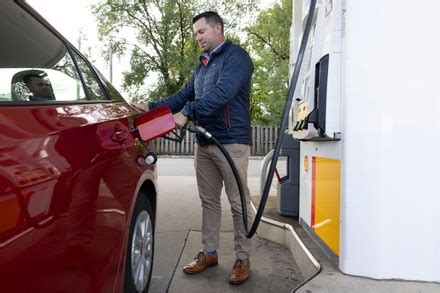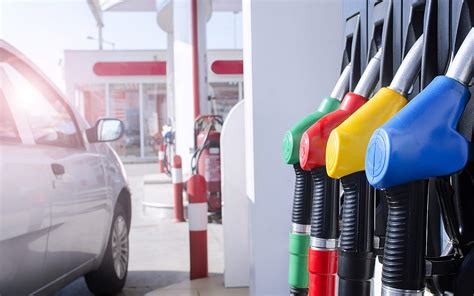Understanding Octane Ratings: The Basics
The debate between using premium versus regular unleaded fuel is a common one among vehicle owners. At its core, the difference between these fuels lies in their octane rating. Octane is a measure of a fuel’s ability to resist ‘knocking’ or ‘pinging’ during combustion, which is a premature ignition of the fuel-air mixture in the engine’s cylinders.
- Regular Unleaded: Typically has an octane rating of 87.
- Mid-Grade Unleaded: Usually falls around 89 octane.
- Premium Unleaded: Generally has an octane rating of 91 or higher.
Higher octane doesn’t mean more energy or power; it simply means greater resistance to detonation under compression.
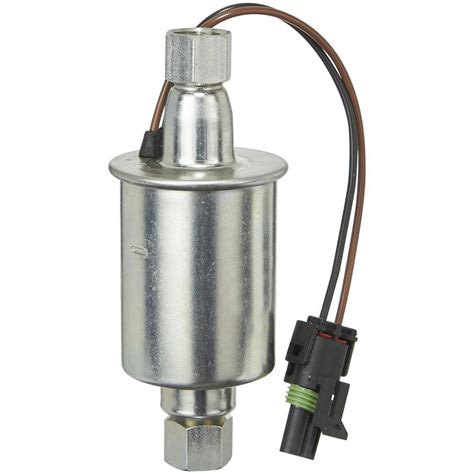
When Your Car *Requires* Premium Fuel
Some vehicles are specifically designed to operate with premium fuel. These typically include high-performance cars, luxury vehicles, and vehicles with high-compression, turbocharged, or supercharged engines. These engines generate more heat and pressure, making them more susceptible to knocking if lower octane fuel is used.
Using regular unleaded in an engine that *requires* premium can lead to:
- Engine knocking or pinging, especially during acceleration.
- Reduced engine performance and power output.
- Potential long-term engine damage due to increased stress on components, though modern engine control units (ECUs) often adjust timing to mitigate immediate harm.
Always consult your vehicle’s owner’s manual. If it explicitly states “Premium Fuel REQUIRED,” then using anything less is not advisable.
When Your Car *Recommends* Premium Fuel
Some owner’s manuals may state “Premium Fuel RECOMMENDED” rather than “REQUIRED.” In these cases, the engine is designed to achieve its peak performance and fuel efficiency with premium fuel, but it can safely operate on regular unleaded without causing damage. The engine’s ECU will adjust timing to prevent knocking, but this might result in a slight decrease in horsepower or fuel economy.
For vehicles that merely recommend premium, the decision often comes down to a cost-benefit analysis:
- Are you willing to pay more for a marginal increase in performance or efficiency?
- Do you notice a significant difference in driving experience when using premium?
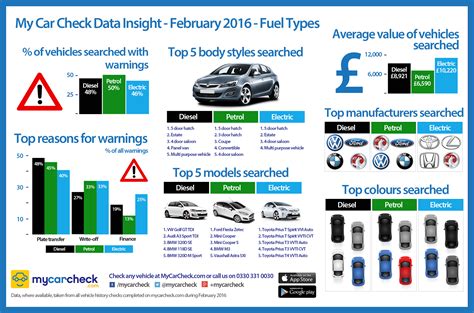
Can I Use Premium in a Regular-Fueled Car?
If your car’s owner’s manual specifies regular unleaded fuel, there is generally no benefit to using premium. Modern engines are highly sophisticated and are calibrated to run optimally on the specified fuel type. Pouring higher octane fuel into a regular-fueled car will not:
- Increase horsepower.
- Improve fuel economy.
- Clean the engine more effectively.
At best, you’ll simply be spending more money for the same performance. At worst, some studies suggest it could even marginally reduce efficiency in engines not designed for it.
The Truth About Fuel Economy and Performance
A common misconception is that premium fuel automatically leads to better fuel economy or increased performance. This is only true if your engine is designed to take advantage of the higher octane, i.e., it *requires* or *recommends* premium. In such cases, using the correct fuel allows the engine to run as intended, preventing the ECU from retarding timing to avoid knock, which in turn preserves optimal performance and efficiency.
For cars that take regular fuel, any perceived improvements from premium are usually psychological or coincidental. Your best bet for improving fuel economy remains good driving habits and proper vehicle maintenance, regardless of fuel octane.
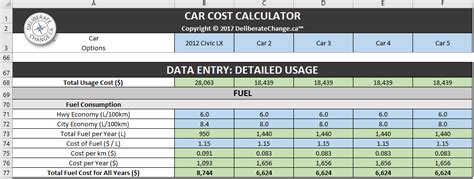
Always Check Your Owner’s Manual
The definitive guide for what fuel to use in your vehicle is always your owner’s manual. It provides specific recommendations based on your engine’s design and operating parameters. Relying on anecdotal evidence or common myths can lead to unnecessary expenses or, in extreme cases, potential engine issues.
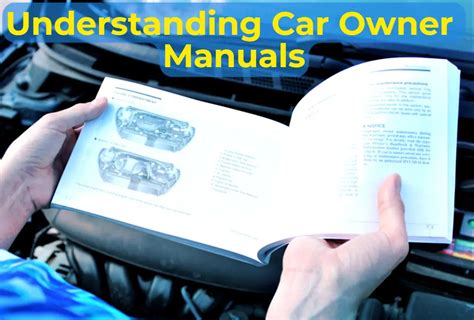
Making the Right Choice
In summary, the decision to use premium or regular unleaded fuel is straightforward:
- If your car *requires* premium: Use it. It’s essential for your engine’s health and performance.
- If your car *recommends* premium: Consider it if you prioritize marginal performance gains and don’t mind the extra cost. Otherwise, regular unleaded is perfectly safe.
- If your car specifies regular: Stick with regular. Premium offers no benefits and is a waste of money.
By understanding your vehicle’s specific needs, you can make an informed decision that saves money and ensures the longevity and optimal performance of your engine.
